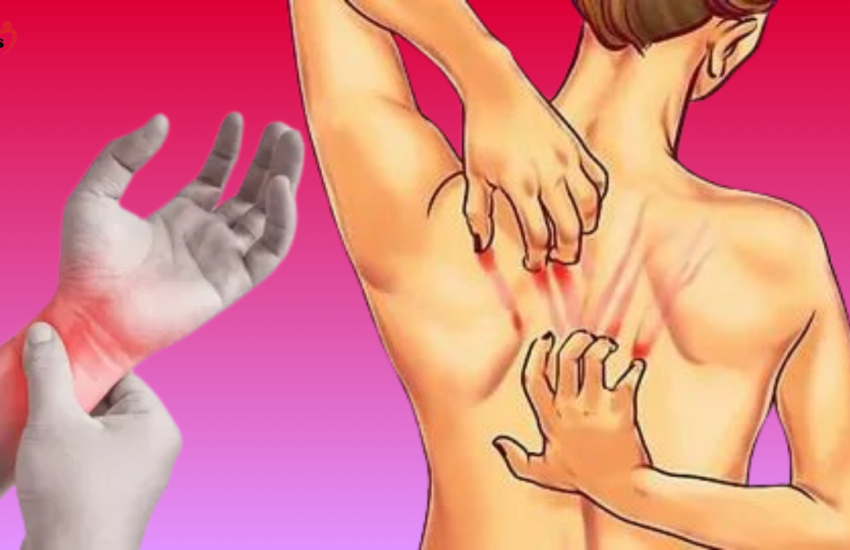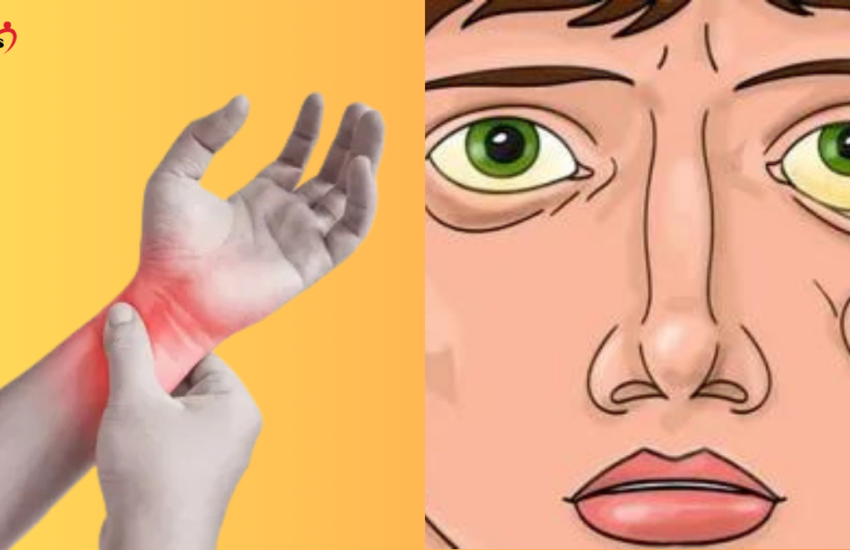20 Signs Cancer Might Be Growing in Your Body
Cancer is a group of diseases characterized by the growth of abnormal cells that divide uncontrollably. These cells can invade and damage healthy tissue and spread to other parts of the body.
Cancer is the second leading cause of death. However, advances in early detection, treatment and prevention have improved survival rates for many types of cancer.
Symptoms
Cancer symptoms vary depending on where it occurs, but some common signs (not exclusive to cancer) include:
Unexplained fatigue
A lump or thickened area under the skin
Weight change (gain or loss) without trying
Skin changes, such as yellowing, redness or darkening; wounds that do not heal; or changes in an existing mole
Changes in bowel or bladder habits
Persistent cough or difficulty breathing
Trouble swallowing
Hot flashes
Indigestion or discomfort that lasts after eating
Persistent, unexplained pain in joints or muscles
Unexplained fever or night sweats
Unexplained bleeding or bruising
When should you see a doctor?
If your symptoms are persistently concerning, make an appointment with your doctor. If you have no symptoms but are concerned about your risk of cancer, talk to your doctor and ask about appropriate cancer screening.
A causes
Cancer results from mutations or changes in a cell’s DNA. This genetic material is organized into genes, each of which contains instructions that control how a cell functions, grows, and divides. Errors in the instructions can prevent cells from performing their normal roles, which can lead to cancer.
What do genetic mutations do?
Gene mutations can cause healthy cells to:
Promote rapid growth:
Mutations can cause cells to grow and divide more quickly, resulting in more cells containing the same mutation.
Prevent abnormal growth:
Cancer cells lose the control mechanisms (tumor suppressor genes) that normally signal cells to grow. Mutations in these genes lead to uncontrolled growth.
Make DNA repair errors:
DNA repair genes are responsible for correcting mistakes in a cell’s DNA. When these genes mutate, the mistakes are not corrected, resulting in cancerous cells.
This is one of the most common mutations that cause cancer, although other genetic mutations also play a role.
What causes genetic mutations?
Gene mutations can occur for a number of reasons:
Inherited mutations: You may be born with a gene mutation inherited from a parent, which causes a small percentage of cancers.
Acquired mutations:
Most mutations occur after birth and are not genetically inherited. These diseases can be caused by smoking, radiation, viruses, cancer-causing chemicals, obesity, hormones, chronic infections, and a sedentary lifestyle.
Errors in cell growth: Mutations often occur during normal cell growth, but cells usually have mechanisms to correct these errors. However, this mechanism sometimes fails, allowing cancerous mutations to persist.
How do genetic mutations interact?
Inherited or acquired mutations interact to increase the risk of cancer. For example, inheriting one mutation may not directly cause cancer, but it may make you more susceptible to another mutation that causes the disease.



